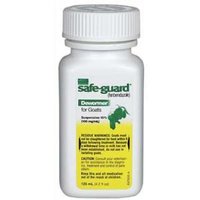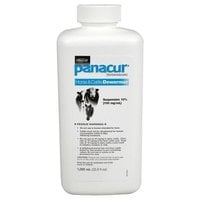Star and eclipsa
Songster
What is gapeworm and how does it affect chickens? Someone told me that snails can carry it and i saw one of my baby chickens eating a snail when i brought them outside.
Follow along with the video below to see how to install our site as a web app on your home screen.
Note: This feature may not be available in some browsers.
Is it deadly?https://en.wikipedia.org/wiki/Gapeworm
Earthworms, slugs and snails are secondary hosts.
Birds cough up the eggs, swallow them and expel them in their feces.
It is called gapeworm because of the effect of the bird holding their mouth open trying to get air.
Pheasants are also very prone to gapeworm.It's generally not a huge problem for chickens, but is very bad for turkeys and peafowl. it's more serious in young birds. I'm glad that my flock is 'high and dry', not near wetlands or ponds where snails are common. Mary
Yes it can be if not treated. I wouldn't worry unless it shows symptoms. Not all snails, worms etc. will carry the parasite.
Infected flocks can be treated with thiabendazole or levamisole.
Gapes are pretty rare in chickens, but I did treat one once and this was the dose I used:What is the dosage for both products? How much of it, how many times a day, for how long a period of time? And how to I give to my flock - in their water? Though their food? Or directly in their beaks?
My rooster is showing signs of serious gapeworm infestation (I saw him sneeze out a half cm grub) and the vet vaccine didn't work on him, so maybe Levamisole or thiabendazole will do the trick.





Gapes are pretty rare in chickens, but I did treat one once and this was the dose I used:
That information came from this:
- 10% Safeguard or Panacur (fenbendazole liquid or paste) at 0.14 ml per pound (30 mg/kg) orally for 5 days.
View attachment 1318878 View attachment 1318879 View attachment 1318880 View attachment 1318881View attachment 1318884